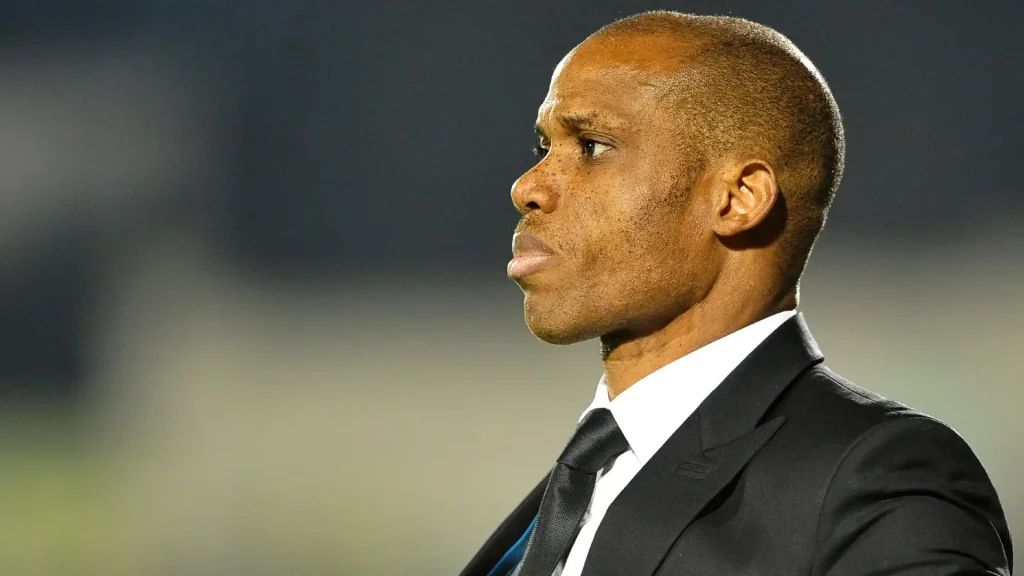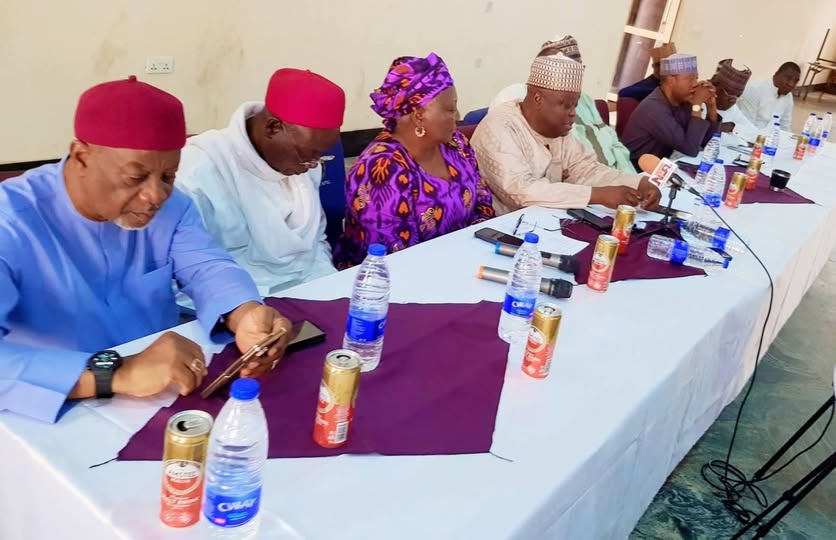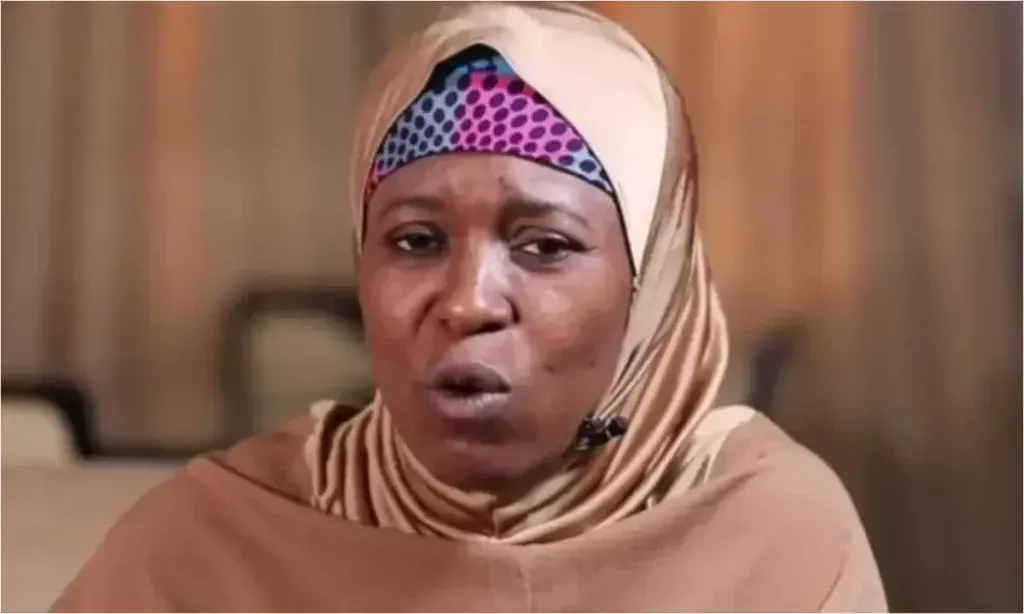Good morning, and welcome to the show. Little Abigail Edan, the youngest US citizen hostage, celebrated her fourth birthday in captivity in Gaza last week. She is one of three female US citizens expected to be released in the initial phase of a deal. Multiple sources suggest that Americans, including Abigail, will be released today. Can you provide confirmation?
“We have reason to believe that at least one American will be released today. However, we cannot confirm the specific individual or guarantee the release until we witness the safe return of the American from Gaza,” White House National Security Adviser Jake Sullivan expressed.
While emphasizing caution due to dealing with a terrorist group, Sullivan highlighted ongoing efforts and coordination with Israeli authorities, Qatar, and Egypt. Despite positive indications, he stressed the need for verification before confirming the release.
Addressing the delicate diplomacy involved in the exchange, Sullivan explained the intensity surrounding the logistics of humanitarian aid delivery and the Israeli preparation to release Palestinian prisoners. He cautiously expressed hope for successful implementation, acknowledging the complexity of the situation.
The conversation then shifted to the scope of the truce and the fate of the remaining unaccounted Americans, with Sullivan expressing confidence in the eventual repatriation of all hostages. However, he emphasized that the truce’s extension hinges on Hamas’ actions regarding the production and release of additional hostages as per the agreement.
Regarding military operations and Israel’s planning, Sullivan stressed the importance of ensuring the safety and humanitarian needs of civilians in the operational areas before any military action. He highlighted ongoing constructive discussions with Israel on this matter, aiming to establish conditions aligning with humanitarian principles.
Margaret Brennan raised the question of potential conditions on US military aid to Israel, referencing President Biden’s recent comments. Sullivan reiterated the President’s approach of high-level diplomacy, emphasizing the positive outcomes achieved through deep engagement and humanitarian assistance efforts facilitated by the United States.
When pressed on the possibility of imposing restrictions on aid, Sullivan referenced the President’s acknowledgment of the idea while emphasizing the effectiveness of the current diplomatic approach. He affirmed the President’s commitment to continue the ongoing diplomatic engagement, including a scheduled call with Prime Minister Netanyahu.
Responding to specific demands for restrictions on aid, Sullivan highlighted President Biden’s firm advocacy for a two-state solution, emphasizing the vision of Israelis and Palestinians living side by side in peace and dignity. He emphasized the President’s unwavering dedication to advancing towards this goal, both in the aftermath of the conflict and from the present moment.
Concluding the interview, Sullivan emphasized the urgency of diplomatic efforts towards a two-state solution, stressing the need for collaborative work with various stakeholders in the region. He highlighted President Biden’s commitment to driving forward on this front, positioning diplomacy as a crucial approach in the current context.
This insightful conversation underlined the complex dynamics and diplomatic intricacies surrounding the ongoing hostage situation in Gaza, along with broader implications for US engagement in the region.



